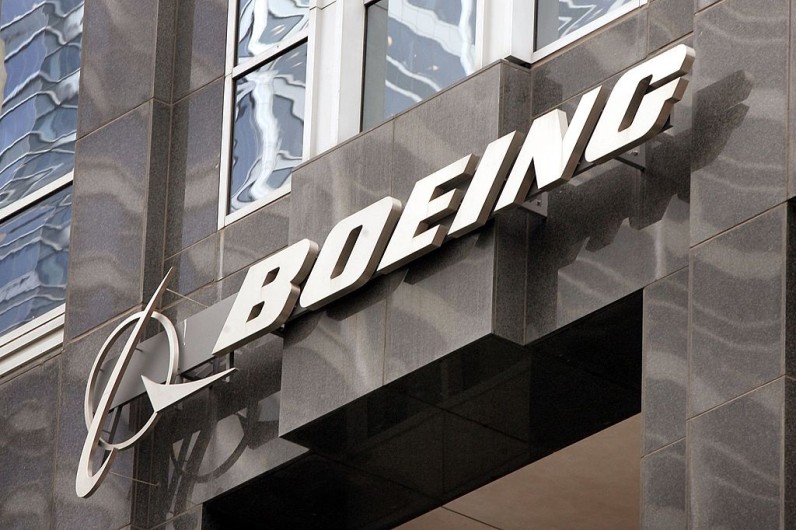
Boeing is in talks with China to sell up to 500 airplanes in a deal that hinges on improved trade relations between the two countries, according to sources familiar with the matter.
The potential deal represents a major step forward following years of strained negotiations—and could signal a warming in US–China aerospace cooperation.
Negotiations are still ongoing around key details, such as the specific aircraft models and delivery schedules.
However, industry insiders believe the agreement would form part of a broader trade pact between President Trump and President Xi Jinping.
Despite progress, Boeing is facing leadership challenges in China: its top executive in the region, Alvin Liu, recently departed the company, FoxBusiness said. In his place, Carol Shen has been named interim president of Boeing China.
From 2017 to 2021, Boeing secured several large aircraft orders from China, often announced during high-profile diplomatic visits.
But commitments slowed significantly amid trade disputes and steep tariffs. A similar agreement was nearly finalized in 2023 under President Biden, but ultimately fell through.
Markets bounced today on China headlines (& a few rumors)
— Susan Stroud (@SusanNOBULL) August 21, 2025
Boeing is in talks to sell 500 planes to China. Civilian aircraft are our #2 export to the country✈️
What's our #1 export to China? #SOYBEANS 🌱
Time to get the ABCDs in the mix and quadruple those soybean "orders"! 🇺🇸 pic.twitter.com/1iQyuO2O4S
China's Aviation Growth Spurs Boeing 500-Jet Negotiations
If the new deal is finalized, it would be China's first major Boeing purchase since Trump's earlier visit and could carry weight similar to a planned—but yet unannounced—500-jet order from Airbus.
Earlier this year, Boeing's prospects seemed muted. According to Bloomberg, since January, the company's stock has surged by 27%, buoyed by optimism over new orders and a leadership turnaround led by CEO Kelly Ortberg.
"We certainly hope that there's an opportunity for some additional orders in the next year with China," Ortberg said in a January interview with Bloomberg.
The deal couldn't come at a more critical time. China's aviation market, the world's second-largest, is projected to more than double to nearly 9,800 commercial jets in the next two decades—far beyond what domestic manufacturer COMAC can supply.
Securing delivery slots at Boeing or Airbus remains vital for China's growth plans.
Analysts like Jefferies' Sheila Kahyaoglu note that Boeing has some flexibility in its production schedule to accommodate strategic clients like China, pushing the discussion closer to reality.
Still, the path forward is delicate. US–China tariffs have fluctuated—from universal 10% duties on imports to punitive levies of up to 145% on certain items.
Negotiators continue to seek a more stable agreement. Trump recently said Treasury Secretary Scott Bessent's talks with Chinese officials "went very well," and hinted at a high-level meeting with Xi by year's end.







Join the Conversation